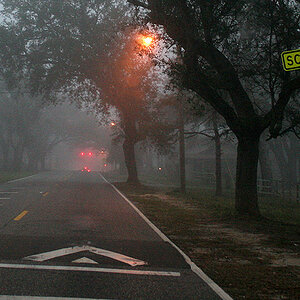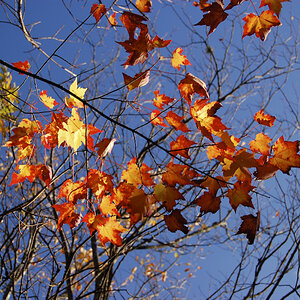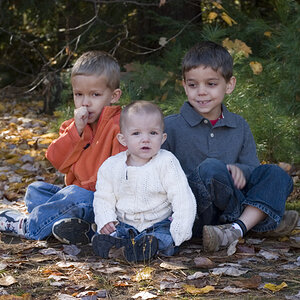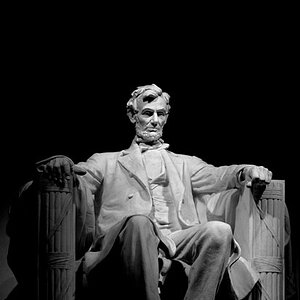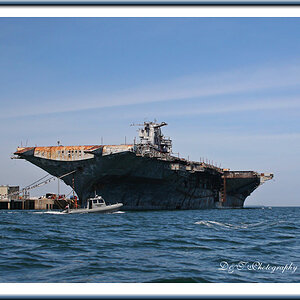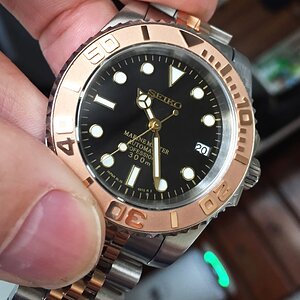Melanie
TPF Noob!
- Joined
- Aug 15, 2005
- Messages
- 59
- Reaction score
- 1
- Location
- Berkshire, UK
- Can others edit my Photos
- Photos OK to edit
I've been told to buy a short zoom lens and long zoom lens camera, I will need a tripod and cable release also. Oh and one thing they said I also need is the following (of which I don't understand at all): Flash gun which can range from part of the camera to a separate flash gun (preferred)
What camera would you buy? How much would I anticipate spending?
Any help would be appreciated thank you
What camera would you buy? How much would I anticipate spending?
Any help would be appreciated thank you


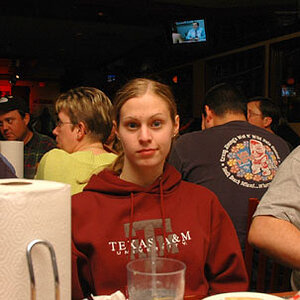
![[No title]](/data/xfmg/thumbnail/39/39491-353a6df9b207e97dadcdce4f98248fcd.jpg?1619739051)
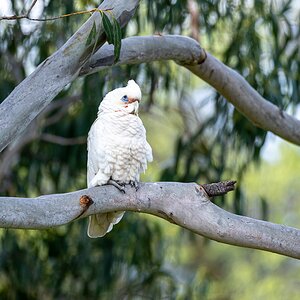
![[No title]](/data/xfmg/thumbnail/39/39292-4169a355b794ae9735845c4ad45d06ff.jpg?1619738958)
